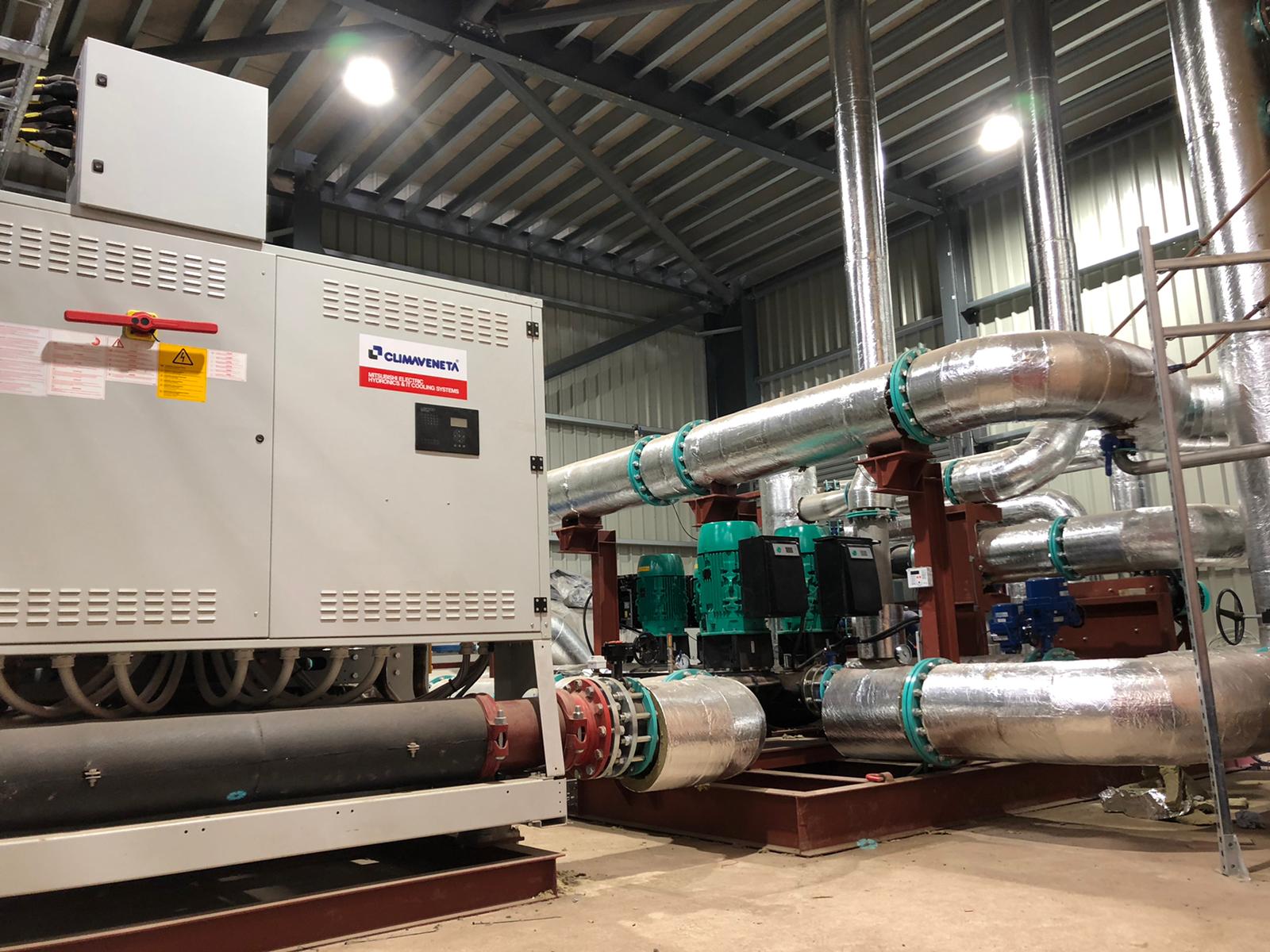The public sector, which encompasses various government agencies and institutions responsible for providing essential services to the public, is a significant user of energy as well as an influence on public behaviours.
The public sector’s energy requirements are diverse and encompass areas such as transportation, infrastructure, healthcare, education, and government operations. Energy is needed to power government buildings, including offices, schools, hospitals, and public facilities. These buildings require electricity for lighting, heating, cooling, and running various equipment and systems. Governments strive to improve energy efficiency in their buildings to reduce costs and environmental impact as well as encourage the public to do the same with their homes and businesses.
Public transportation systems, such as buses, trains, and subways, are major energy consumers Governments often invest in public transport infrastructure and initiatives to promote sustainable transportation options, reduce greenhouse gas emissions, and alleviate traffic congestion.
Certified and Accredited
.
We are Gold Members of Constructionline and have also achieved ISO9001 NQA status.

















